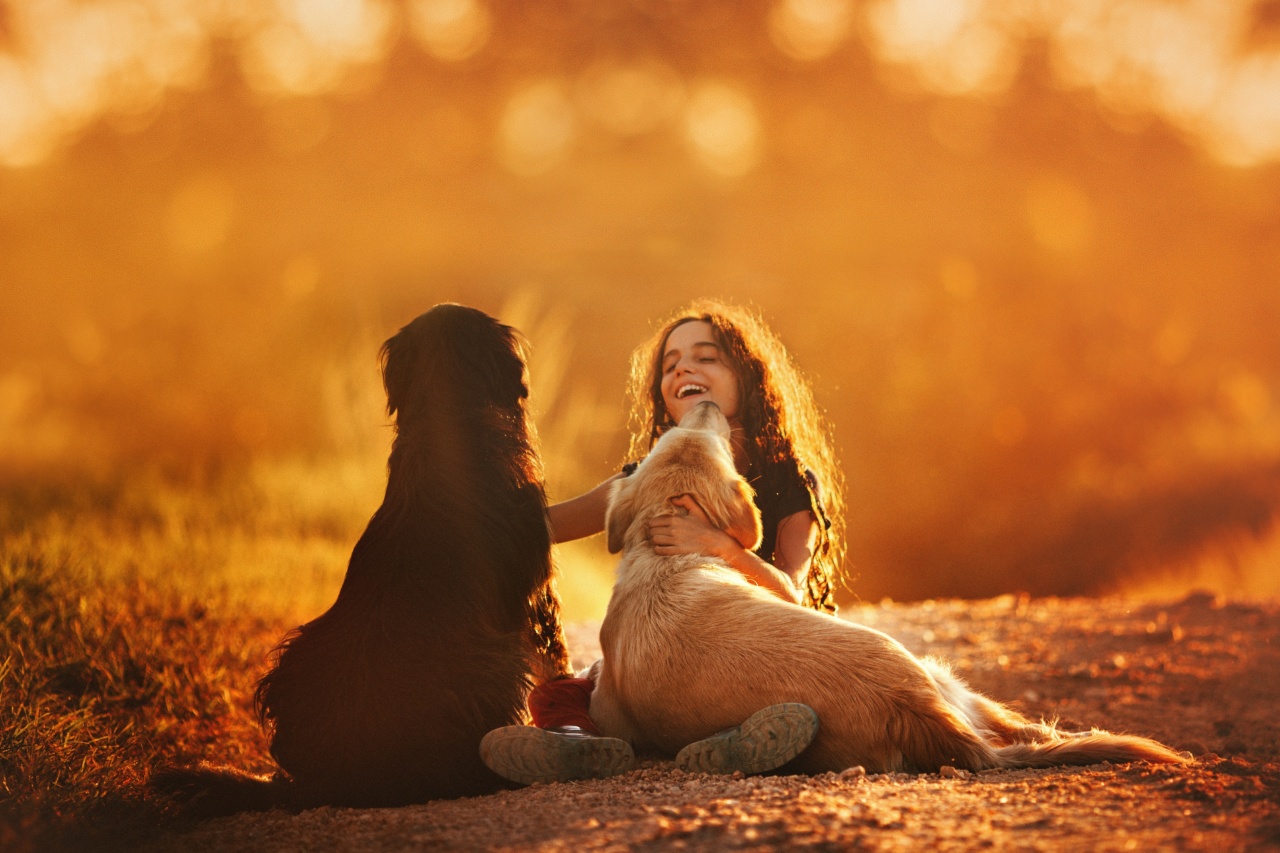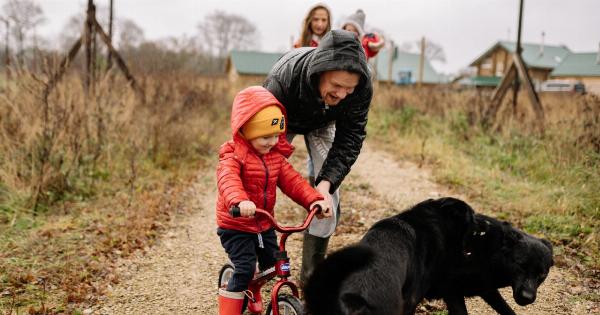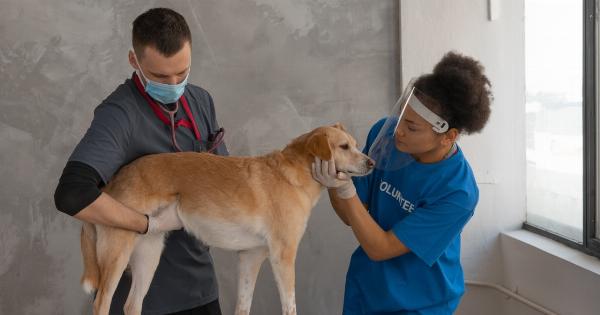As a parent, you are constantly looking for ways to teach and enrich your child’s life. One incredible way to do this is by introducing them to the world of canine licks.
Not only can these interactions be incredibly fun for your child, but they also offer a multitude of benefits for their development and well-being.
The Joy of Canine Licks
There is something magical about a dog’s lick. It is warm, wet, and full of love. From a young age, children are captivated by this experience and the joy it brings.
For many kids, the first time they feel a dog’s lick on their hand or face is a memorable moment that creates a deep connection between them and these gentle creatures.
Building Emotional Bonds
Having a pet dog can teach your child about the value of companionship and unconditional love. When a dog licks your child’s face, it is a sign of bonding, trust, and affection.
These gentle licks can create an emotional bond between your child and the dog, fostering a sense of responsibility and empathy.
Boosting Self-Confidence
Interacting with dogs and experiencing their licks can boost your child’s confidence. Dogs have a keen sense of intuition, and they often respond positively to the warmth and innocence of children.
By allowing your child to engage with dogs in a safe environment, they can develop a sense of confidence in their ability to interact with animals and build relationships.
Promoting Physical Activity
Playing with dogs and enjoying their licks encourages physical activity in children.
Dogs are naturally playful and energetic creatures, and engaging in activities like throwing a ball or running around with a dog can help your child develop a healthy lifestyle and enjoy the benefits of physical exercise.
Teaching Responsibility
Introducing your child to the world of canine licks also comes with significant responsibilities.
By taking care of a dog’s needs, such as feeding, grooming, and walking, your child learns the importance of being responsible for another living being. This responsibility can extend beyond taking care of the family pet and be applied to various aspects of their life.
Fostering Empathy and Compassion
Canine licks can help your child develop empathy and compassion. Interacting with dogs teaches children how to be sensitive to the needs of others and to respond with kindness and care.
Dogs can sense when your child is sad or upset, and their comforting licks can provide emotional support and teach your child the power of empathy.
Boosting Mental Health
Being around dogs and experiencing their licks can have a positive impact on your child’s mental health. The interaction releases endorphins, the “feel-good” hormones, which can reduce stress and anxiety.
The presence of a dog and the act of being licked can also provide a calming effect, helping your child feel relaxed and content.
Enhancing Social Skills
Interactions with dogs can enhance your child’s social skills.
Dogs are often viewed as friendly and approachable creatures, which can help children feel more comfortable socializing with them and subsequently transfer those skills to interacting with their peers. Canine licks can also reduce social anxiety, providing a common ground for connection and conversation.
Teaching Boundaries and Consent
While canine licks are generally seen as a positive experience, it is essential to teach your child about boundaries and consent. Dogs, like humans, have personal space and preferences.
Teaching your child to respect a dog’s boundaries and understand when a dog does not want to be licked is crucial for their safety and the well-being of the dog.
Nurturing a Lifelong Love for Animals
Introducing your child to the world of canine licks can ignite a lifelong love and respect for animals.
By fostering positive experiences with dogs from an early age, your child is more likely to develop a sense of responsibility towards animals and become an advocate for their welfare. This love for animals can extend beyond dogs and positively impact your child’s relationship with other animals and the natural world.





























